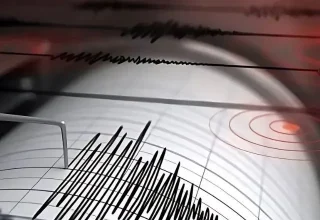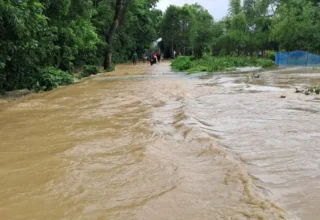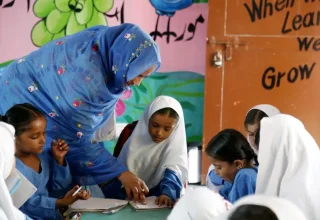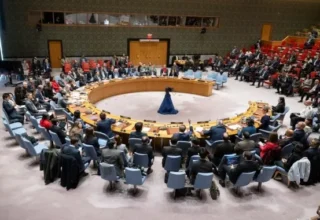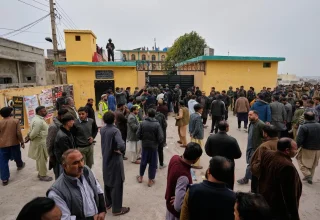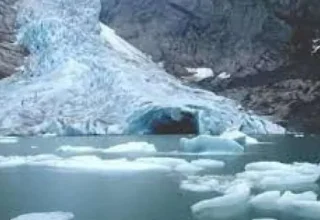
By Raja Kashif Hussain Maqpoon| Editor-in-Chief Daily K2
Gilgit-Baltistan – July 26, 2025
Gilgit-Baltistan (GB), known for its majestic mountains and sprawling glaciers, is facing increasingly dire consequences of climate change, as rising temperatures accelerate glacial melt, disrupt agriculture, and displace local communities.
According to recent observations reported by Daily K2, temperatures in parts of Gilgit-Baltistan have increased significantly over the past two decades, with some estimates placing the rise at nearly 1.4°C, nearly double the global average.
GB is home to more than 7,000 glaciers — the largest concentration outside the polar regions — which feed the Indus River system and sustain millions of lives downstream. However, these glaciers are retreating rapidly. Experts and locals alike report a surge in glacial lake outburst floods (GLOFs) — sudden and destructive floods caused by the rupture of glacial lakes formed by melting ice.
One of the most severe incidents occurred in Hassanabad, Hunza, where a powerful glacial flood destroyed a key bridge and submerged several homes. Similar events have been recorded across districts such as Skardu, Ghizer, and Diamer.
“The frequency of such floods is increasing each year,” said a senior official from the GB Disaster Management Authority. “We’re no longer dealing with isolated events — this is a pattern directly linked to climate change.”
Agriculture Hit Hard
Climate instability is also taking a toll on GB’s fragile agriculture sector. Farmers are reporting unpredictable weather patterns, shorter growing seasons, and increased water scarcity during critical irrigation periods.
“Farming calendars that worked for generations are now useless,” said a local farmer in the Skardu valley. “We face either early frost or sudden heat — crops are failing more often than ever.”
Declines in traditional crops like apples, apricots, and wheat are pushing families to seek alternate livelihoods or migrate to urban areas in search of stability.
Communities Displaced
The growing threat of GLOFs, landslides, and flash floods has already displaced several villages, especially in high-altitude areas. According to local NGOs, dozens of families have been forced to relocate due to repeated climate-related disasters.
While the Government of Gilgit-Baltistan and federal authorities have launched mitigation efforts — such as the installation of early warning systems and reinforcement of riverbanks — officials admit the region lacks adequate infrastructure and emergency response capabilities to handle the growing crisis.
A Global Issue with Local Impact
Despite contributing minimally to global carbon emissions, the residents of GB are among the most vulnerable to climate change. Environmental experts argue that the region must be prioritized in Pakistan’s climate strategy.
“Gilgit-Baltistan is the first line of defense when it comes to Pakistan’s water security,” said a climate researcher based in Islamabad. “Losing its glaciers and ecological balance would have cascading effects across the entire country.”
Daily K2 is continuing its coverage on the ground, highlighting the voices of those most affected and calling for urgent, sustained national and international action.















